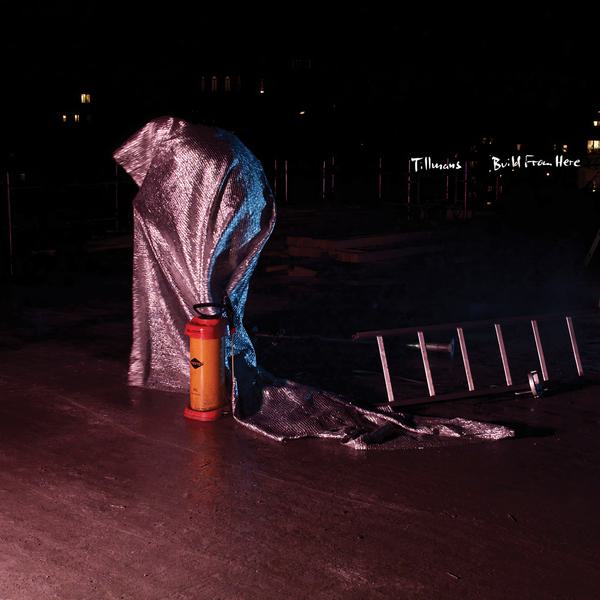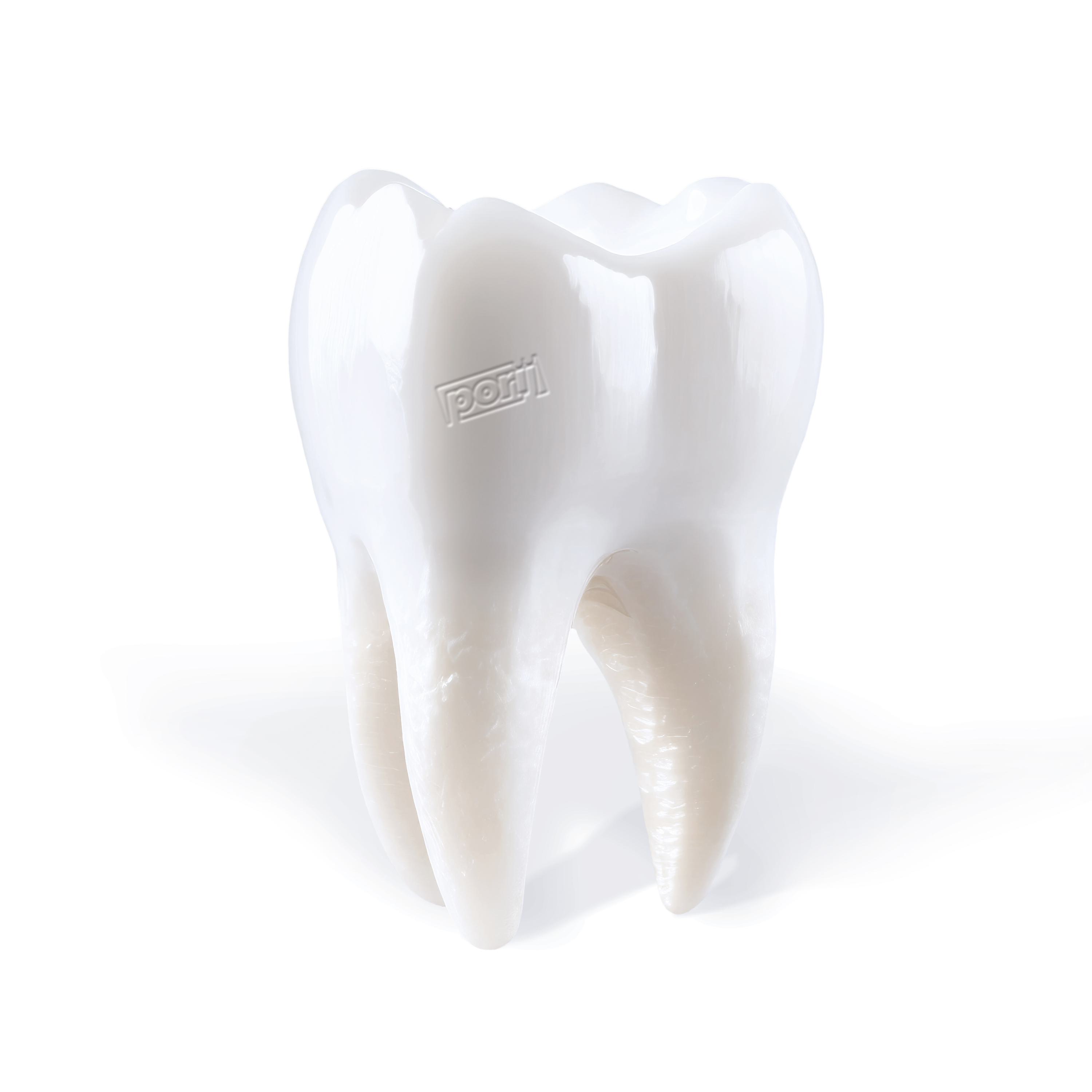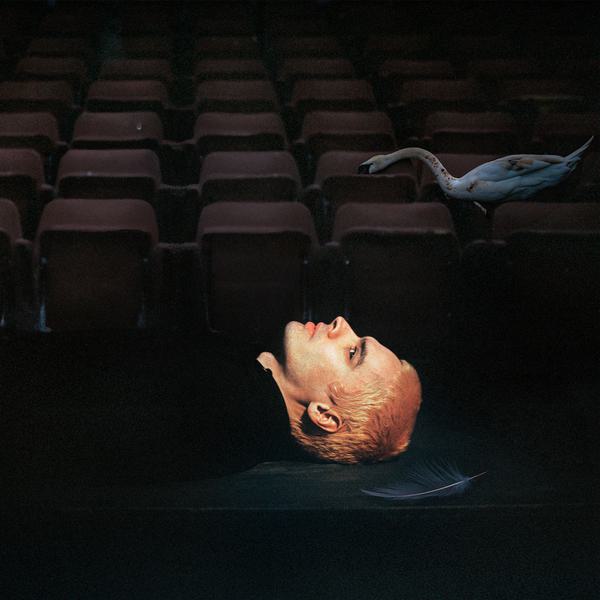
Young Galaxy: “Too much modern music isn't risky or ambitious”
As a music fan there can be few experiences more gratifying than witnessing a band blossom from humble beginnings and growing into something you had never anticipated when you first came to love their music. It’s the positive flip-side to the disappointing second album, the stagnating imagination and ‘I preferred their earlier stuff’ snobbery – yet the thrilling return of a band with lots of new ideas is rarely dissected in as much detail.
One of the more recent experiences I’ve had with this delight was Shapeshifting – the third album from Canadian quintet Young Galaxy, released in 2011. I had long been an admirer of their elegant and understated take on shoegaze filtered dream-pop, having properly fallen for a handful of songs from each of their preceding records. This was something different though, as I enthusiastically proclaimed in my review at the time they seemed to be “enamoured by the whole idea of reinvention” and this was really quite exciting to witness an almost real-time evolution. Unlike most, the vagaries of time were taking kindly to the band; having weathered a storm of frustrating critical indifference through their early releases they were now emerging stronger than before, and it was clear to hear from the boldness of their new songs. Gone were the sighing rhythms and melodramatic lyrics of before (beautiful though they often were) and in its place were big booming bass-lines, crystal guitar licks without a hint of distortion and tropical synths, not to mention words filled with optimism and hope rather than heartbreak.
Instrumental to that shift in style was the band’s new-found connection with Swedish producer and one half of influential electronic duo Studio, Dan Lissvik. Thankfully this relationship has been carried over and solidified, along with a refinement of those developments, on the forthcoming fourth record Ultramarine (released worldwide on 23 April). Vocalist Catherine McCandless was kind enough to answer a few questions about the process of their transformation, how vital Lissvik has become and what drives to them continue making music.
In an unusual production technique, for Shapeshifting the band held their Canadian base and recorded all of the songs themselves before emailing the tracks over to Lissvik in Gothenburg and allowing him to dismantle and re-build them in whatever way he saw fit. The results were hypnotically warm but occasionally retained the kind of emotional detachment which you might expect from such a construction process. However the band took a different approach this time, decamping to Gothenburg. As Catherine says, “we were in the room with this time rather than doing it all over the Skype machine, so we could see him move his sexy hips when explaining how to capture the groove of a song. Everything on the record is continuous takes – none of that cut and paste bullshit”.
The fluidity of this studio approach is audible on the new record as well, that sense of aloof detachment has vanished and these resulting songs are alive with a radiance and sense of purpose. There is a deeply ingrained energy which she says is largely due to the input of the producer, “he’s insanely musical and very groovy – he feels music deep within and works extremely hard at it. I think he’s a wonderful producer, because he can articulate his musical perspective in a very intellectual but visceral way”.
It is undeniably a funkier record as well (whether or not the true source of that is the producer’s hips is open to debate), and even more so than the last there is an increased sensuality in these ten songs. Not in some tasteless explicit way, but the lithe rhythmic ways in which the songs evolve – often echoing like a suggestive movement of briefly visible shadows. ‘Out The Gate Backwards’ glides elegantly like a soft caress while ‘What We Want’ shakes like an 80′s disco-pop behemoth, and it’s impossible not to warm to the attitude they eminate. Part of this is certainly down to the switch in vocal duties, which used to be shared between McCandless and her partner and band co-founder Stephen Ramsay but which she has taken over completely now, something which they believe to be a very natural decision as “Stephen has less of an interest in singing generally – he likes to focus on the production and arrangements and I like to focus on the lyrics and vocal parts. It’s very symbiotic, as a couple we naturally fill in the spaces the other creates”.
It definitely doesn’t feel an unnatural switch to have occurred, in fact it’s barely noticeable in the context of the band’s overall sound progression from those earlier records, her smooth vocals a far better fit here. There has been a gradual move away from the fuzzy shoegaze influenced ballads they started with towards a more uplifting optimistic and melodic sound, which prompts me to ask if there was a point when the band decided they wanted to be doing something which moved closer to being pop music than it did rock. “We thought we wanted to be a heavier psychedelic band when we made our first record, but had never played live shows at that point – so it wasn’t until after we had played live that we realized we feed off the kinetic energy of the live environment, which I suppose led us to a more dance-y, pop sound overall. It feels right when we play the material live, which is the most telling thing you can feel as a band”.
In today’s musical landscape, there is little room for development among the transience of mp3 blogs and hype machines gobbling up most of the opportunities for bands to develop without the pressure to capture an ever moving zeitgeist, and the band are rightly weary of this. Catherine discusses the relative freedom with which they have been able to find themselves as a band; “most people expect bands to know what they want to do when they start doing it, which I think is rarely the case. You have to learn your own musical language, you know? Plus we live in an era of pop music unlike any before it, whereby bands are not given infrastructure to develop, yet are expected to understand themselves immediately. If it doesn’t take off, too bad for you – everyone moves on,” she says, striking on a point which seems frustratingly accurate for most new bands these days. It’s something they were fortunate to avoid, “For us, we were seekers – we’ve always made music that felt right at that moment in time. I wish bands were able to do that more often nowadays. Too much modern music isn’t risky or ambitious, it’s just angling for success – which makes it dull, dull, dull”. It’s a tough sentiment to argue with.
The band are certainly keen to keep things fresh and try new things, and four albums in they’re keenly aware that this is a stage which a lot of bands are never given the opportunity to reach. For them it’s about keeping themselves motivated to continue doing new things; “We simply don’t care about being famous, and we have the nagging suspicion that the longer we do this the better we get, so we are still driven by something essential I’d say…” She goes on to add what that might be, and it’s an admirable sentiment, the kind of which perhaps not enough bands are clear about these days. Paraphrasing Nile Rodgers she says that “one of the greatest motivators is professional jealousy – when you hear a brilliant piece of music, you feel compelled to respond to it, to try to up the ante. That’s why it’s so important to be a fan of music first – you can never forget what a conversation music making is”.
This keen sense of what they’re doing is more crucial than ever before for the band as McCandless and Ramsay are now a family as well, and her response is typically pragmatic when I ask if this has made it more difficult to balance day to day life with band life. “Yes, we have a son, Fergus, who’s almost 2 years old… we keep telling ourselves that our choice to follow our dreams will make him happier in the long run, knowing his parents are content in what they do. You have to fight to balance the feeling of being self-indulgent vs. doing what’s best for your child…” Honestly though, the way in which Young Galaxy are going about their craft of late, I can’t help but think that they are set for a higher level of success before long. Even if they might not know it, as Catherine humbly states “We live in fear of it being taken away at any moment, it is in part what fuels our ambitions… it’s not exactly a stable profession!”
Ultramarine will be released on 29 April via Paper Bag Records.
Get the Best Fit take on the week in music direct to your inbox every Friday

Maria Chiara Argirò
Closer

Justice
Hyperdrama

Wolfgang Tillmans
Build From Here





